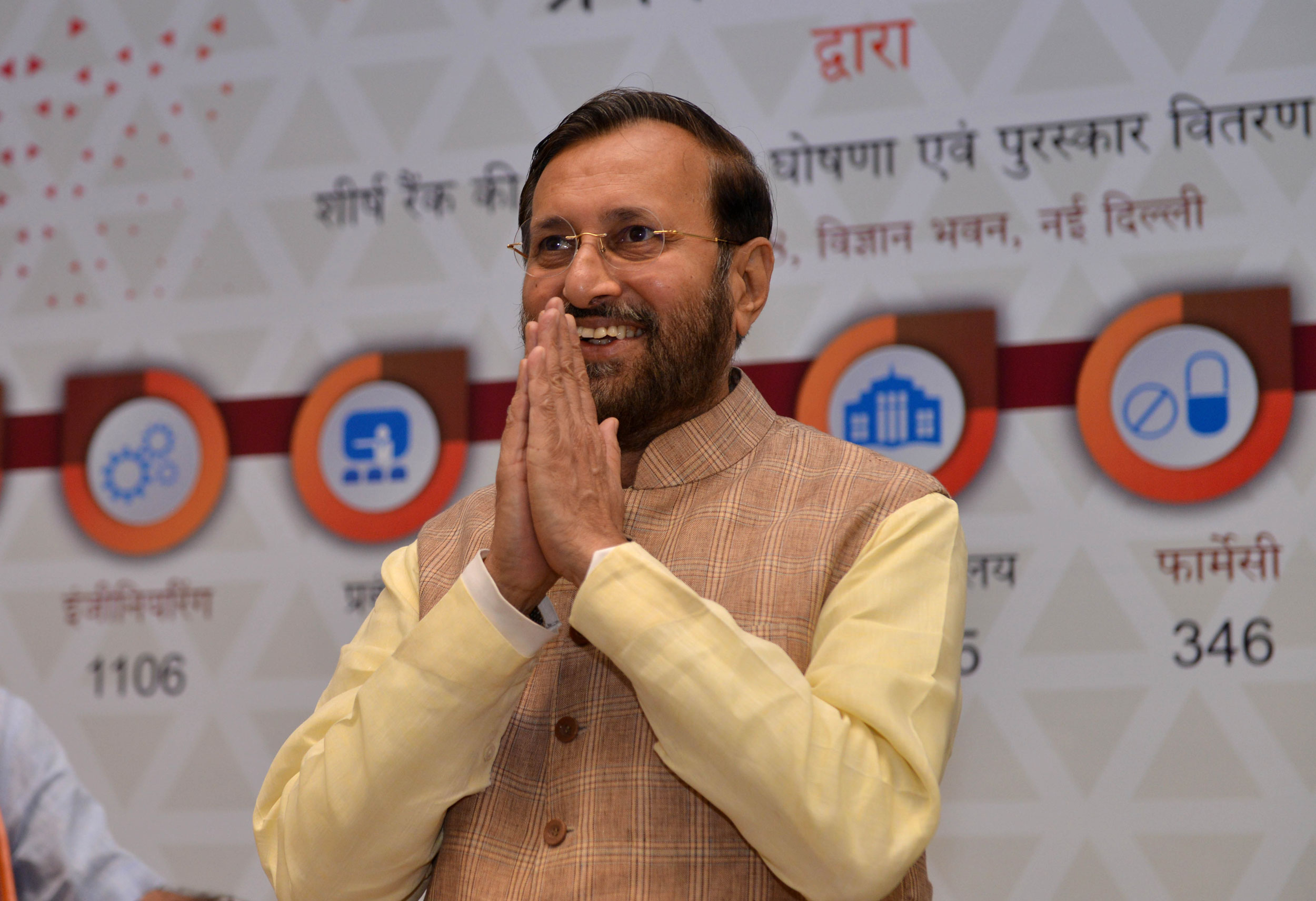Human resource development minister Prakash Javadekar had recently said several privately managed higher education institutions have not been returning certificates or refunding fees when students withdraw from a course after getting admission.
The University Grants Commission, he said, would soon notify rules to prevent such unethical practices.
But not refunding fees or returning certificates are not the only issues with private universities and colleges in the country.
Academics say private institutions indulge in several other malpractices, such as paying poor salary, asking teachers to convince prospective students to take admission and collecting fees on various purposes without issuing receipts.
An assistant professor at a privately managed institute at Puttaparthi in Andhra Pradesh said the college asks faculty members to visit prospective students and convince them to take admission.
He said the institute somehow accesses the list of students appearing for the Andhra Pradesh Integrated Common Entrance Test, the examination for admission to MBA and MCA courses, and all teachers are given a list of students with instructions to approach them.
“During admission season, the faculty members would be sent to coaching institutes and the houses of the prospective students,” the teacher said, explaining that the students who had enrolled the previous year would have no classes during this period. “They will do their projects.”
Another teacher from a private institute in Bhubaneswar said faculty members are recruited on a negotiated salary, invariably much lower than the seventh pay scale, while the recruitment process was not transparent too.
“The salary of an assistant professor would range between Rs 10,000 and Rs 40,000 per month, depending on the institution. There would be a very few institutions which match the seventh pay scale,” he said.
The teacher also said that institutes charge anything from a few hundred rupees to a few thousand if a student’s attendance falls below 75 per cent in a year, but no receipt would be given. “The entire money would go to unaccounted funds,” he said.
A 2015 paper — Private Universities in India Growth Status and Concern — by Sangeeta Angom, an assistant professor at the National Institute of Educational Planning and Administration (NIEPA), had found several malpractices by many private institutes.
“While there are many privately funded and managed institutions that are committed to educational excellence, there are also malpractices in existence such as claiming exorbitant fees from students, offering poor quality education, providing poor quality teachers as well as poor infrastructural facilities etc,” the paper had said.
C.P. Bhambri, professor emeritus at Jawaharlal Nehru University (JNU), said making profit was the primary objective of private institutes.
“Since their motive is to make profit, it is not beyond them to indulge in malpractices. The UGC has the power to monitor these institutions,” Bhambri said.
A UGC official said all institutes had been issued notices in the past for voluntary disclosure on their websites about fees, admission policy, infrastructure, accreditation and faculty, adding that such notices would be repeated.
Bhambri said the higher education regulator has not been sincere in disciplining such institutes.
“The UGC behaves like a post office. It does not take action apart from issuing a notice. It can impose a penalty of Rs 1,000 on errant institutions, stop grants and recommend disaffiliation of the college concerned,” Bhambri said.











